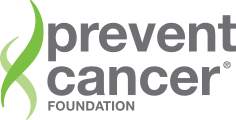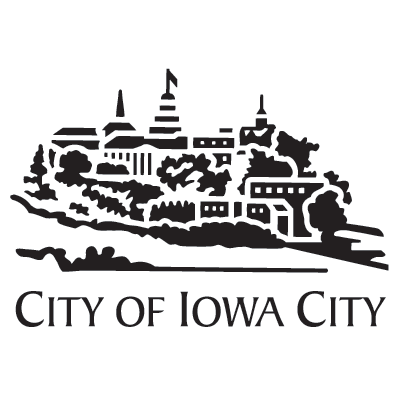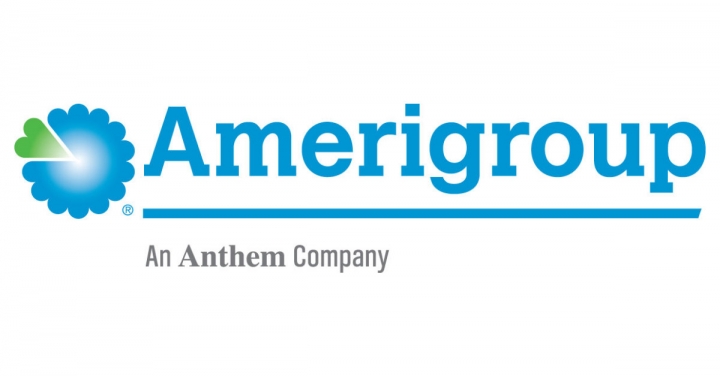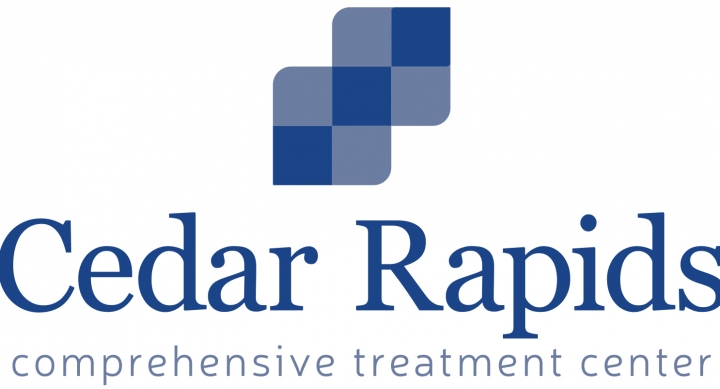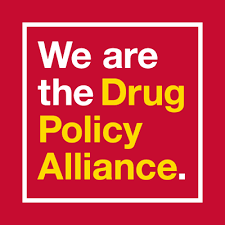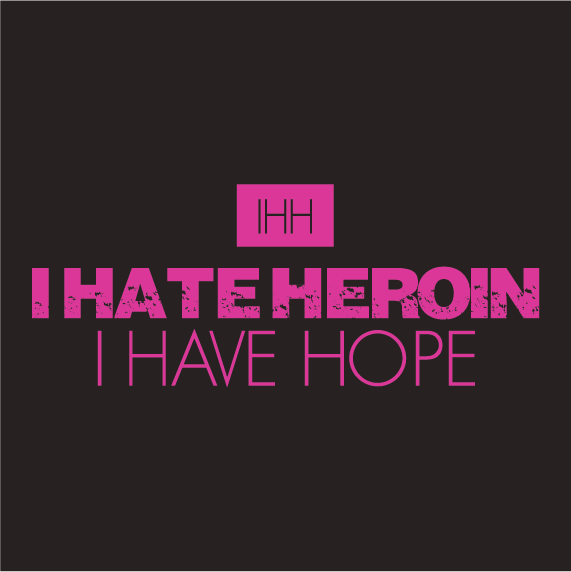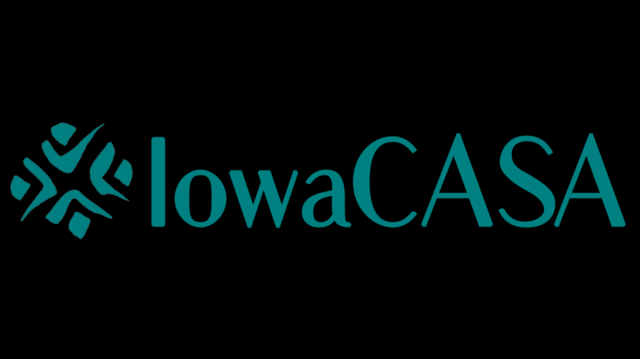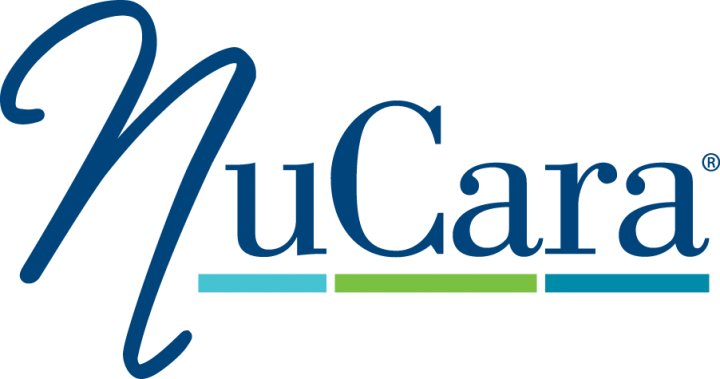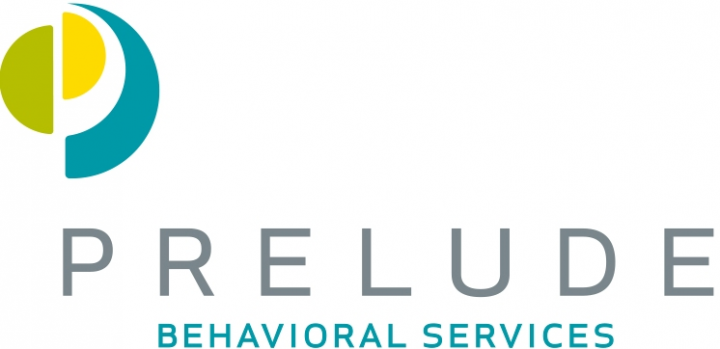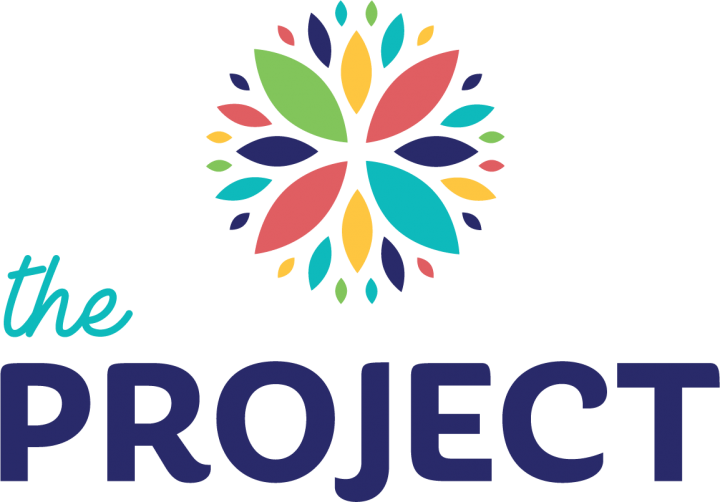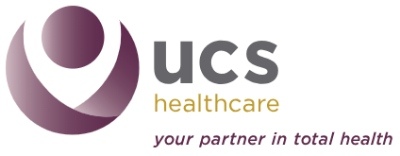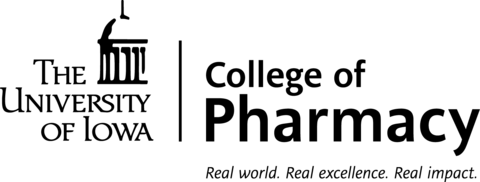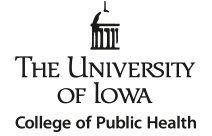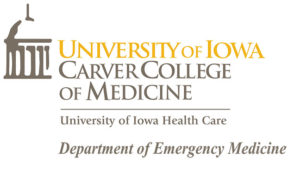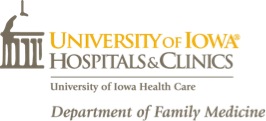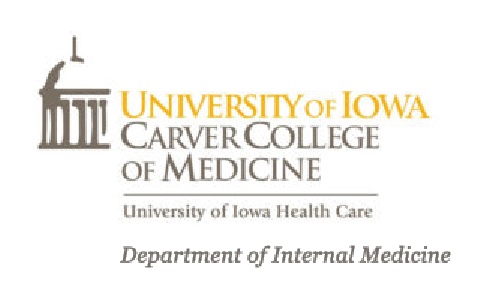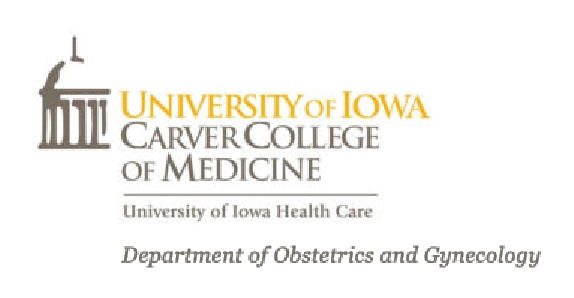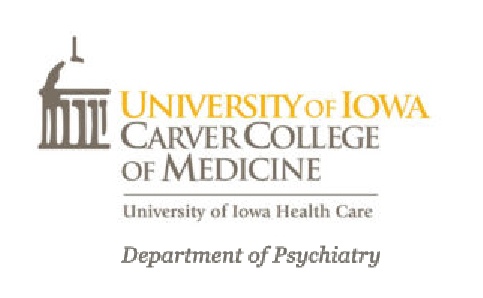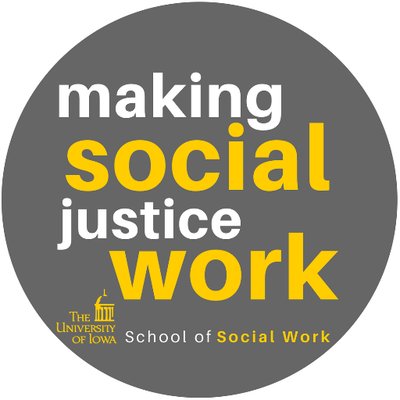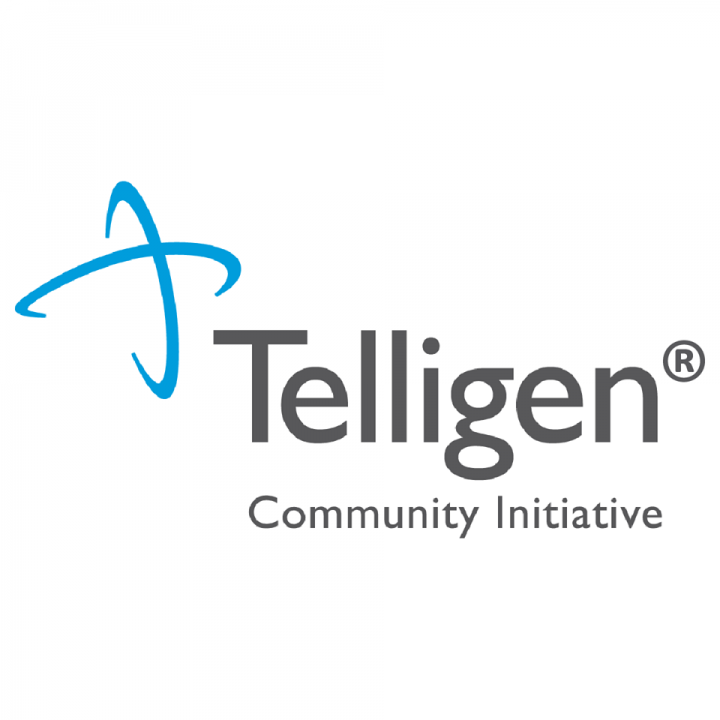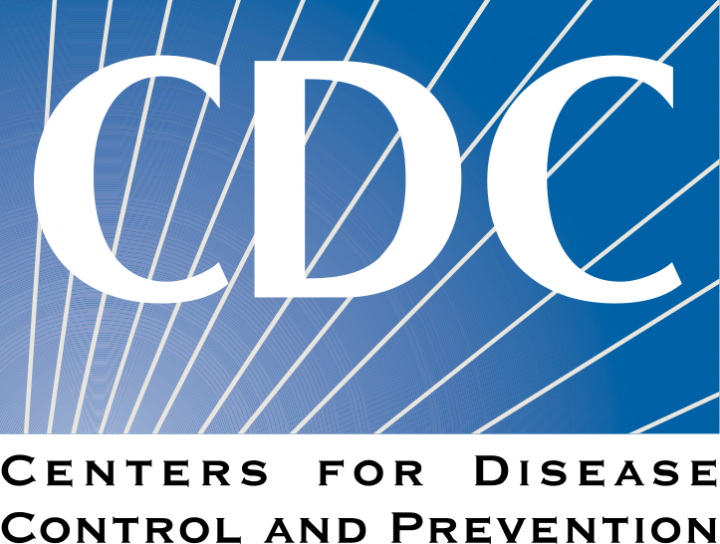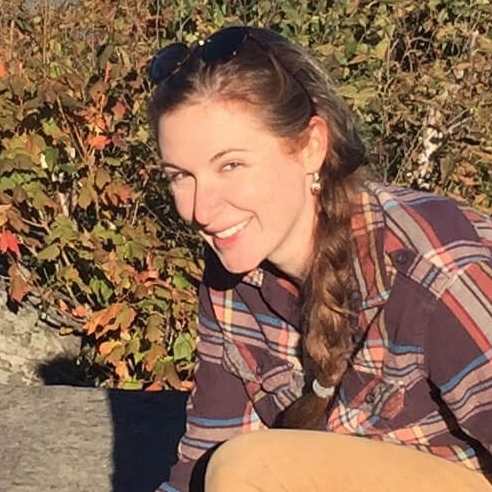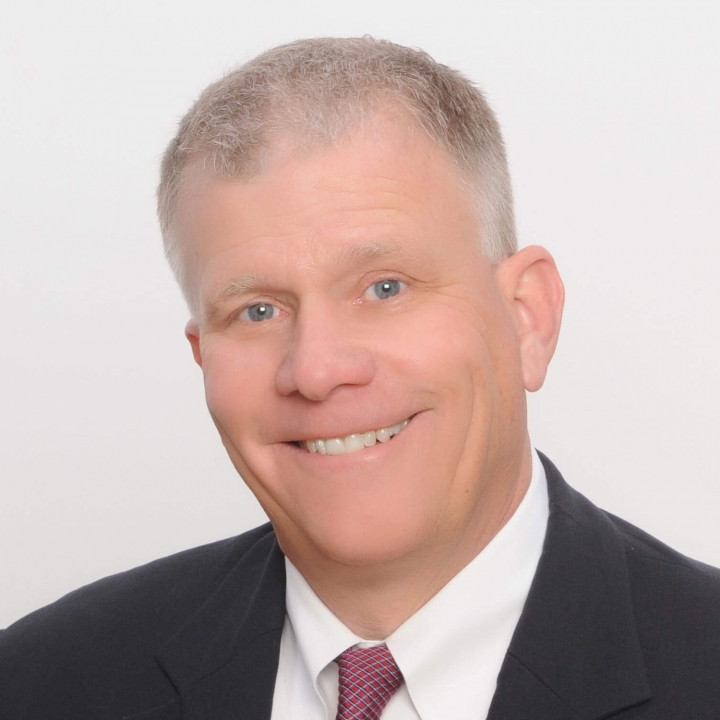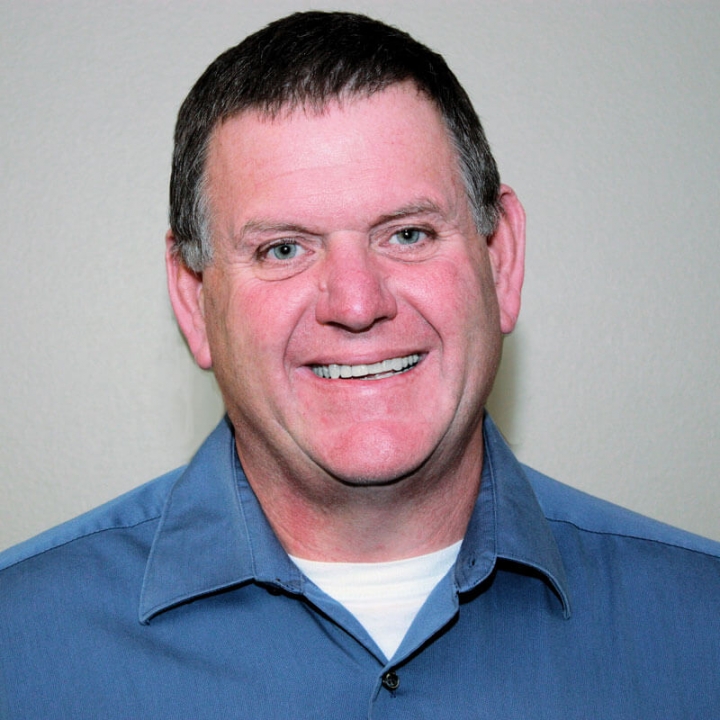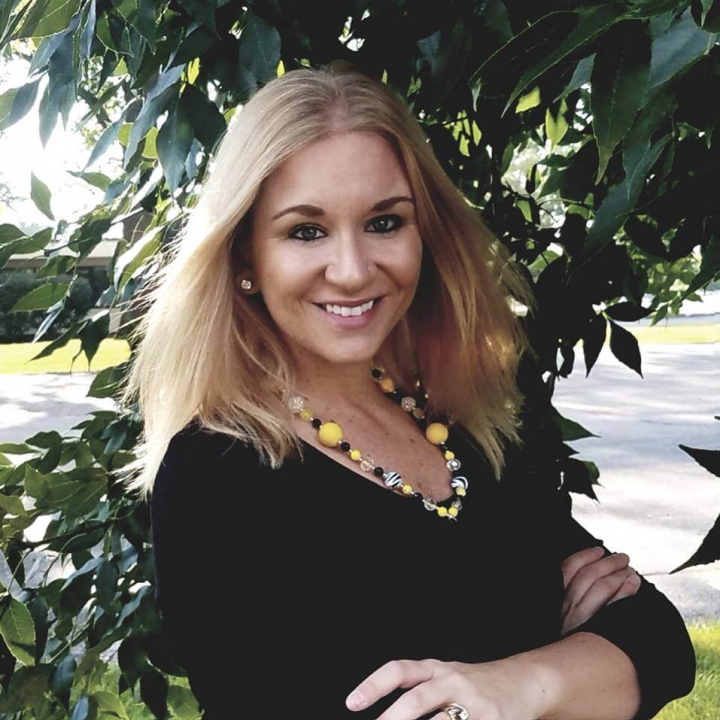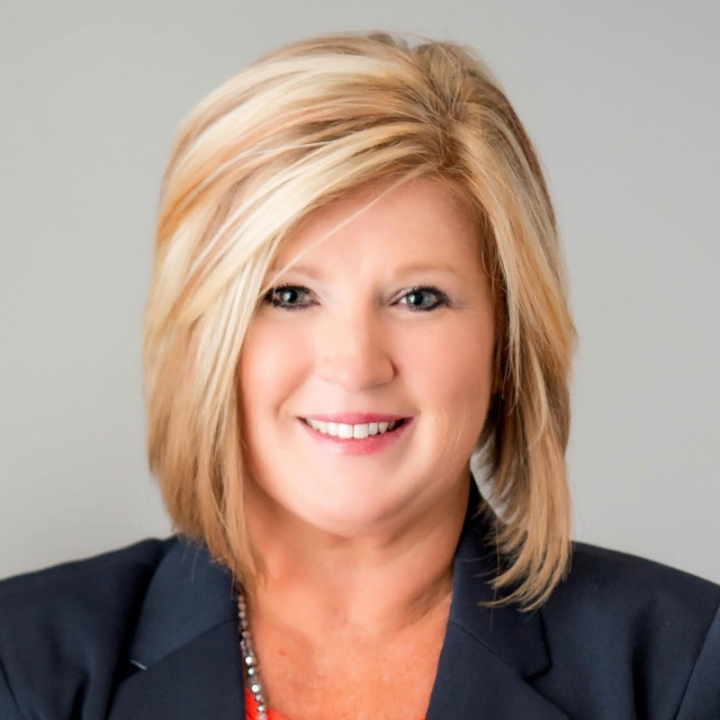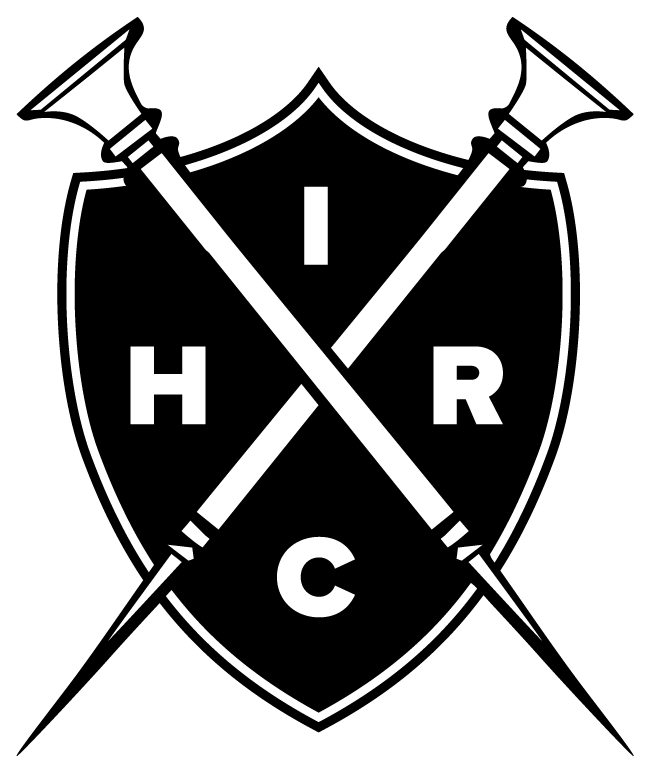
IHRC works to create health equity in Iowa communities through advocacy, education, and drug user health services.
We are committed to building power among people impacted by the war on drugs, including people who use drugs and communities of color; committed to acceptance of stigmatized and minoritized peoples and people who use drugs; and committed to dismantling systems of race, class, and gender-based privilege.
Call or text IHRC Hotline for supplies, services, support & program information:
Currently we have variable office hours. Please call us if you need resources.
Des Moines & Central Iowa:
(515) 207-5202
Dubuque & NE Iowa:
(563) 845-3091
SE Iowa:
(319) 214-0540
Des Moines
Office-based services:
Drop-in services available
1221 Center Street, Suite 03, Des Moines
Call or text (515) 207-5202 to schedule
Mobile outreach & Deliveries:
Upon request
Text (515) 207-5202 to schedule a delivery
Donating = Love
Your donations go directly towards supporting supplies and services that are difficult to find and access for Iowans. All donations are tax deductible.
Testimonials
“I really appreciate what IHRC is doing. I’ve never had someone tell me that knowing how to talk to people about using drugs safer is something to value. I’ve had a few friends die from overdosing, and I can’t lose any more. I’ve been handing out stuff to all of my friends, especially the naloxone, and they’re surprised every time that there are people who care enough about them to give this stuff out.”
“I’m in recovery now, but this stuff (naloxone) saves lives. There was no one out there helping people like this when I was using.”
“My sister OD’d about a month ago and I used the naloxone that I got from IHRC. She snapped right back… I’m gonna keep more around so if it happens again I got her.”
“My girlfriend had an overdose when we were together and she didn’t make it. Maybe if I had known IHRC back then she would have.”
“It is amazing what this group is doing for the community. None of us woke up and said “Oh, jee, I think I’ll ruin my life with drugs today.” Instead of making us feel like criminals, IHRC makes us feel like we are sick with disease but worth saving. We got punished for being sick with criminal charges instead of being viewed as sick. We need harm reduction because no matter how long you lock us up, it will not change us. IHRC is a god send.”
“I believe substance use should be treated as a public health problem instead of a criminal issue. Harm reduction is morally and ethically the right direction to move in as a society. I personally have two friends that are alive because of the narcan provided by IHRC. Imagine if – god forbid – your son or daughter fell victim to substance abuse – wouldn’t you want these types of services IHRC offers to be available to them?”
“I woke up and realized I had been raped. So I came straight to IHRC for an HIV test. I know I could go to another clinic, but I chose to come here because you guys are the only ones that don’t make me feel guilty. I already have enough to feel ashamed about. But you don’t add to it. That’s why I clean your office when I come here – I want you to know I care about you like you care about me.”
“If IHRC didn’t exist, I would have been dead two years ago. I might have made it a couple of months longer, but most likely not. IHRC was absolutely instrumental in saving my life from both infections and from the heroin that caused the infections (or rather, the syringes I was using to inject heroin). At the time I was living outdoors, using heroin (and anything else I could find) daily, and getting regular abscesses and infections. Today I haven’t had an abcess in almost three years (since I met IHRC), and I haven’t used heroin since November 18, 2018 when they took me to the hospital and got me started on suboxone. In the process, they also saved my hands and feet from getting amputated, and helped me through getting my hepatitis C treated. I was diagnosed with hepatitis C in December 2017 and was officially cured during the summer of 2019.
No other organization would have been able to help me like this and it’s because IHRC is made up of real people, not machines or robots. I’ve gotten help from nearly every organization in Cedar Rapids over the past decade, but in spite of that I was on a fast course towards death. IHRC never treated me like a number or a billable hour, but everyone involved in the program has made an effort to contact me, build a friendship with me.”
– “Nutt,” 50, Cedar Rapids
IHRC participant since March 2017
Thank you to our partners








